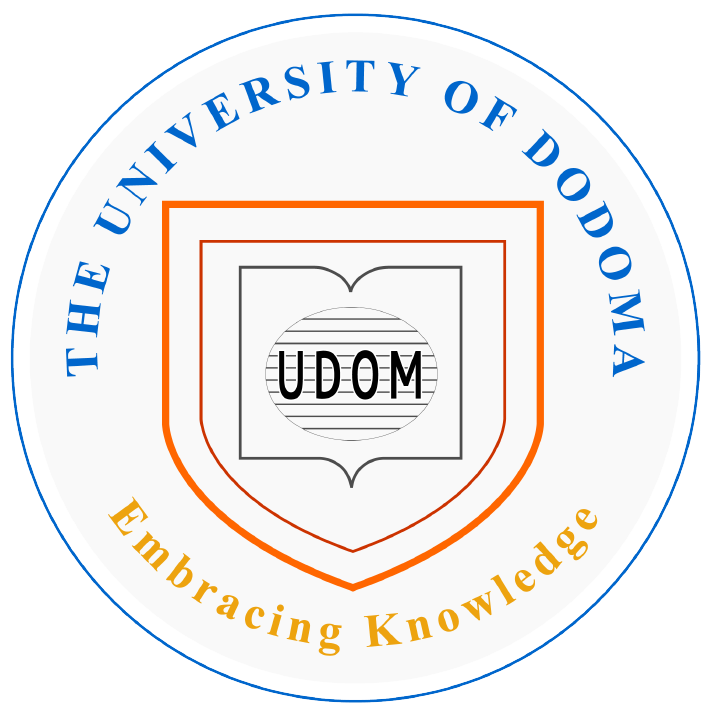Abstract
How has endemic instability in Africa reflected in global governance, or why does global governance appear not to significantly contribute to addressing troubled political developments in Africa? And what are the implications for Africa within the changing global order? While the related debates generally link global governance and regionalism to concerted, integrated, and coordinated efforts to solving global development challenges, others suggest that global governance forces have had more negative impacts, especially on development in the Global South. Yet, there remains no detailed analysis about how evolving global governance dynamics may have promoted sustained negative developments in developing countries and the implications for contemporary global order. This article undertakes a Comparative Historical Analysis of how key developments within the global governance space surrounding political, economic, and environmental or natural resource dimensions have enabled political instability in Africa since the end of World War I. The article demonstrates that the apparently limited success of global governance in promoting political stability in Africa is best understood from an entwined triad of entrenched, competitive interest in Africa, complex glocalised local realities, and the violence of liberal universalism.
